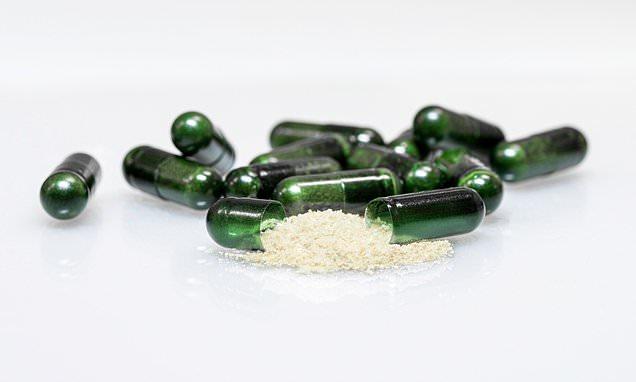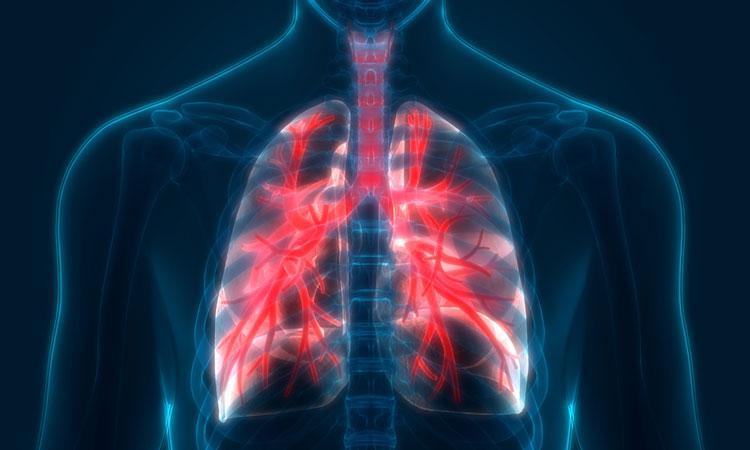Can Papaya help with your reflux symptoms?
Many patients will take medication for reflux, such as proton pump inhibitors (PPIs), for long periods of time without understanding the risks.
Yet, official advice says PPIs shouldn’t be taken for more than three 14-day treatment courses in one year.
In our blog series on natural remedies, we look at alternatives people often use for relief from their reflux symptoms, such as heartburn and indigestion, and investigate whether there is any scientific evidence supporting the claims.
Papaya and reflux
Papaya – sometimes called paw-paw – is a bright yellow-orange fruit with edible seeds.
The papaya originates from South America, but in 2020, India produced 43 per cent of the world supply of papayas.
How do people consume papaya?
Papaya can be chopped up and eaten as a fruit snack. Or it is often used in smoothies and in salads.
The skin and seeds are not poisonous, but most people do not eat them.
Chewable papaya tablets are also cited as an ideal ‘after meal’ supplement.
Why is it used?
The skin of papaya contains the enzymes papain and chymopapain, proteases that break down proteins supporting digestive function.
Enzymes are already found within our bodies to help our digestive system function correctly by breaking down the food we consume to release the nutrients around our bodies.
Papain is a proteolytic enzyme used occasionally in the processing of foods, such as a meat tenderizer.
Some suggest that papain may provide safe symptom relief to people with celiac disease, IBS, and indigestion. Papaya enzyme is also described as an anti-inflammatory and antioxidant.
Papaya is also a good source of vitamin A as it includes beta-carotene that the body can convert into retinol.
Is it safe?
Papaya skin contains latex. For people sensitive to latex, their immune system has a hypersensitive allergic response to the proteins naturally occurring in the sap.
MedlinePlus, a service of the National Library of Medicine (NLM) and part of the National Institutes of Health (NIH), warns that taking large amounts of papain might damage the oesophagus.
Does it work?
Studies have looked at whether papaya extracts can impact people with a range of gastrointestinal dysfunctions, such as heartburn, symptoms of irritable bowel syndrome (IBS) and chronic gastritis.
A 2013 report recruited volunteers with chronic indigestions and dysfunctions in the gastrointestinal tract to investigate the effectiveness of CARICOL, a commercial organic product made from the pulp of tree-ripened papaya.
It found that the papaya blend delivered statistically significant improvements of the symptoms ‘constipation’ and ‘bloating’ but did not significantly improve heartburn.
In 2018, another study concluded that the regular intake of papaya products is a safe add on therapeutic option for patients with chronic gastritis to support standard medical care.
An early and objective diagnosis of reflux, such as Peptest provides, opens the door to lifestyle changes, and future treatment. Peptest can also be used after reflux treatments to assess the success or failure of any treatment. Find out more about Peptest and order your Peptest home testing kit now.
Disclaimer: This is an informational blog and does not constitute diet or lifestyle advice. We always recommend you do your own research on top to ensure it’s right for your specific circumstances. You can always get in touch if you have any questions. As an Amazon Associate, we earn from qualifying purchases. You should always consult your doctor prior to undertaking any treatment for reflux. .
This content was originally published here.




















